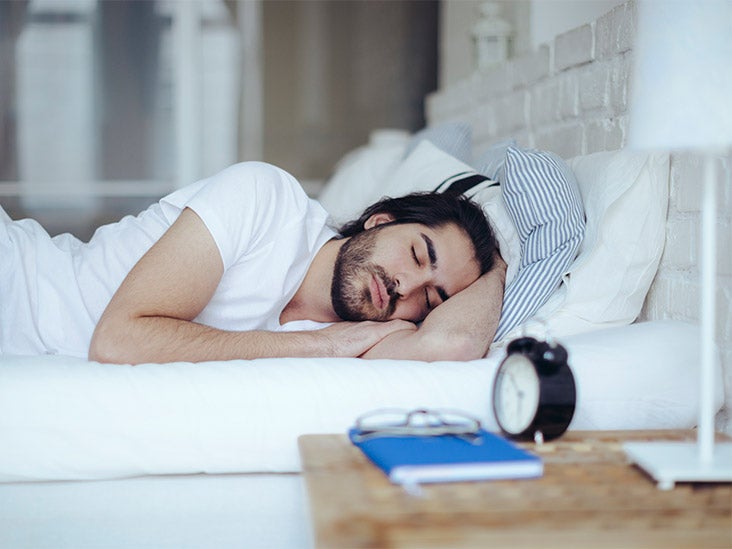1. Find Time for Relaxation
Approximately half of the population in the United Kingdom has problems with sleep due to stress. Therefore, it is very important that you relax before bedtime in whatever way you desire. This may include reading a relaxing book, listening to music, taking a long hot shower etc. If you have a lot of things to do the next day, then creating a to-do list can help to reduce your stress so you don’t constantly worry about everything that you need to do.
Table of Contents
2. Develop A Routine and Stick to It
Routine is very effective for helping children and even babies to fall asleep on a schedule. This also works with adults and it can help you to naturally program your body to sleep and wake up at particular times every day and night. You should always stick to a particular bed time and have a relaxation routine to help you fall asleep every night.
3. Avoid Your Devices
You should avoid looking at any electronic devices at least an hour before you need to go to bed. This includes your smartphone, television, laptop, desktop computer etc. These types of devices prevent you from sleeping because they emit blue light which actually encourages insomnia by suppressing melatonin production which is your body’s natural sleep hormone.
4. Make Sure Your Bedroom Is Relaxing
Your bed should give you the right amount of comfort and support so that you can sleep well. Read these Simba vs Emma mattress reviews and find the perfect mattress for you. Your bedroom should be set at between 16 to 18°C since this is the best temperature for sleep. It is also important that your bedroom is also clean, free of clutter, painted in relaxing colors and smells good. Scents such as geranium and lavender are very relaxing and soothing.
5. Avoid Looking at The Clock
When you constantly look at the clock, this can prevent sleep. Therefore, the best way to deal with that is to simply rest and think pleasant thoughts as oppose to staring at the clock. In the event that you can’t help but constantly look at the clock you should remove it or turn it around. This will help prevent constant clock watching.
6. Consume Sleep Friendly Foods and Supplements
You can improve your sleep by eating healthy foods. Pumpkin seeds, milk, chicken, turkey, and turkey wings are among the foods that promote sleep. The foods in this category contain serotonin and tryptophan, which are responsible for the production of melatonin. Additionally, you can take a magnesium supplement to help you sleep better. RnA ReSet recommends knowing your vitamin levels to calculate the right dosage of a supplement to help you reach your target level.
7. Foods You Should Avoid
There are certain foods that you shouldn’t eat before bedtime. Some of these include alcohol, coffee, foods with lots of pepper and spices etc. You also shouldn’t eat big meals just before bed. Caffeinated drinks should also be avoided such as coffee, tea etc since these can prevent sleep.
Foods that contain a lot of sugar should also be avoided since they can cause your energy levels to spike and then crash. This can negatively impact your sleep. According to research, if you don’t sleep well one night, you may consume more junk food the next day which will result in poor sleep and the cycle will continue.





